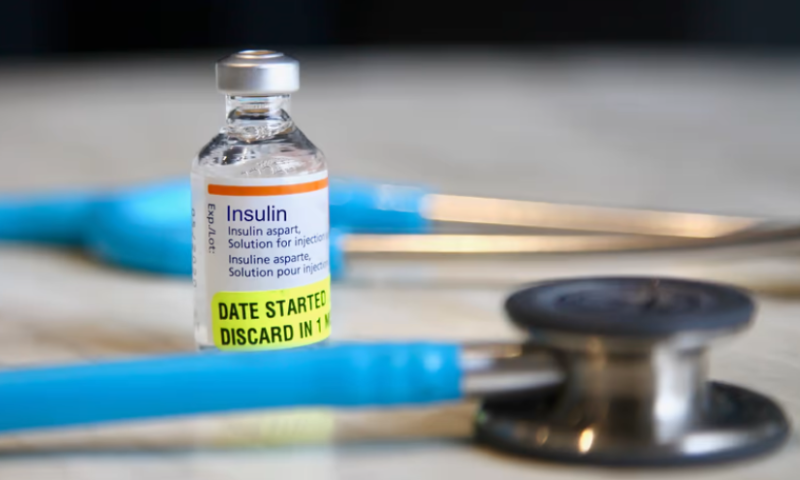Type 1 diabetes, also known as insulin-dependent diabetes, causes a slowdown or complete stop in the amount of insulin produced by the body, requiring regular injections of the hormone to regulate an individual’s blood sugar.
And while automated insulin pumps now offer an alternative to manual injections, there still aren’t any treatments for Type 1 diabetes that completely eliminate the need for external insulin delivery devices—yet.
Canadian tech developer Sernova is aiming to change that with the development of a small pouch that can be filled with therapeutic cells and implanted in the body for long-term delivery of any necessary hormones or proteins.
Its Cell Pouch system has already produced promising results in clinical trials using human donor cells, and now, Sernova has brought German biotech Evotec on board to help fill the pouches with cells that manufacture insulin.
Through the partnership, Evotec and Sernova will work together to develop a new beta cell replacement therapy that’ll be able to produce an unlimited amount of insulin. It’ll be based on Evotec’s induced pluripotent stem cell (iPSC) development technology, which uses bioreactors to generate high-quality clusters of insulin-making beta cells from adult stem cells. Evotec’s cells have been clinically shown to be functionally equivalent to human islets in producing enough insulin to stabilize blood glucose levels.
Once inserted into the Cell Pouch—which is implanted under the skin and is designed to incorporate with existing tissue—the cells will ideally churn out a stream of insulin to help regulate blood sugar, essentially offering what the companies have termed a “functional cure” for diabetes.
The companies will jointly fund the preclinical development of the regenerative therapy. If it’s approved as an investigational new drug for further clinical development, they’ll arrange a new profit-sharing agreement based on their respective contributions to the clinical development program.
“In tandem with our current clinical islet cell program, Sernova entered into multiple pharmaceutical research collaborations to identify the highest-quality and most compatible iPSC cell technology and validate the cells preclinically within our Cell Pouch system,” said Philip Toleikis, Ph.D., Sernova’s president and CEO.
“Evotec is an iPSC powerhouse, having dedicated many years and substantial resources to developing high-quality and stable stem cell technologies for multiple therapeutic applications,” Toleikis said. “In every sense, both as a global strategic partner and as an iPSC expert, Evotec has exceeded all our expectations.”
Under the terms of their deal, Sernova will have the exclusive option to license Evotec’s beta cells to help develop treatments for both Type 1 and Type 2 diabetes.
Alongside their development agreement, Evotec also acquired a stake in its new partner. It paid just over $20.3 million Canadian ($15.8 million U.S.) for an initial haul of almost 13 million shares of Sernova’s common stock. It also has an unconditional purchase warrant to snag about 2.7 million more shares by the end of August, adding up to another $6.8 million Canadian ($5.3 million U.S.) investment in Sernova.
As another symbol of their tie-up, Evotec has sent its chief scientific officer, Cord Dohrmann, Ph.D., to join Sernova’s board of directors.

